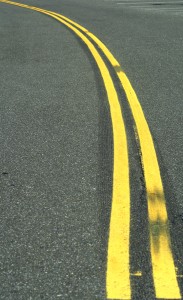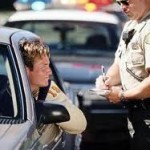Got a Ticket? Missed a Traffic Court Date?
Not every traffic citation requires a court appearance and a notice will be mailed to the address on your citation alerting you to any upcoming court dates. Criminal Violations require a mandatory court appearance. They include such charges as Driving Under the Influence (DUI), and Reckless Driving, and if you receive a ticket that does require a court appearance and you miss it, there can be serious consequences for your right to drive in the State of Florida.
Failure to appear at the date and time indicated on the notice may result in a warrant being issued for your arrest and/or your license being suspended. Once in court, you may plead guilty, not guilty, enter a “no contest” plea, or (for non-criminal citations) you may skip court and pay the citation fine. Paying the fine is treated as a guilty plea, and that conviction will go on your driving record with points against your license.
If you choose to ignore the ticket, or forgot about it and missed the payment date, the court notifies the DMV of your failure to pay the fine (FTP), and the FTP will be placed on your driving record as well as the citation. An FTP almost always results in suspension of your driver’s license.
Before you pay that ticket, let David Willis Law Group, P.A. resolve your citation by going to court for you and arguing to keep a guilty plea and points off of your record and license.
If you have failed to appear in court (FTA), the FTA is noted on your driving record and the court will direct the issuance of a warrant for the arrest of any resident of this state who fails to appear and answer a criminal traffic complaint against whom a complaint or information (charge) has been filed. That can cost you thousands of dollars and adversely affect not on only your driving record, but your criminal record as well.
For every conviction of a moving traffic law violation that you receive, the court notifies the DMV and the conviction goes on your driver license record.
If you have a failure to appear or a failure to pay on a current case, please contact the offices of David Willis Law Group, P.A. as soon as possible. Our dedicated Traffic attorneys will immediately start working to get any possible holds off of your license and to keep your record clean.




